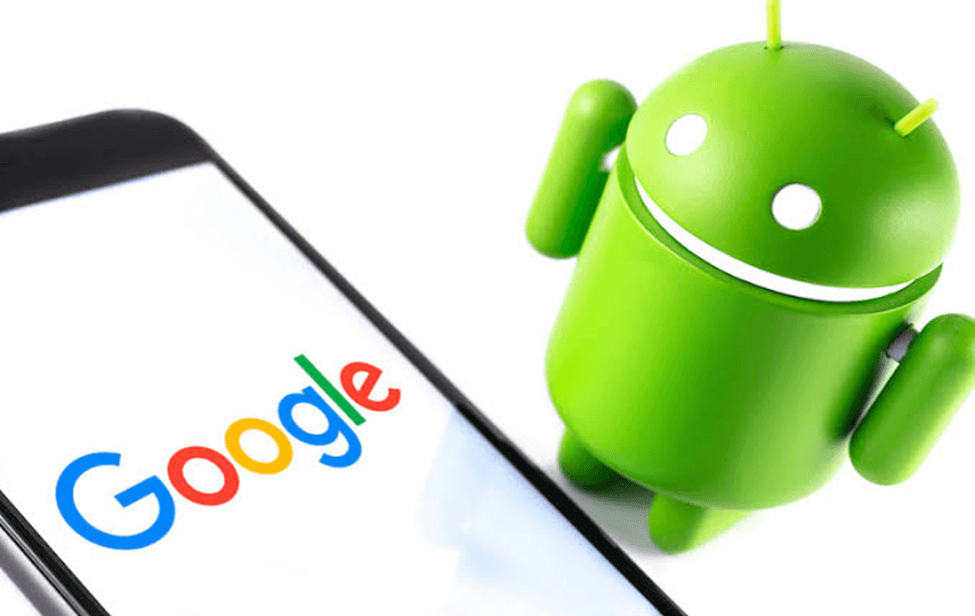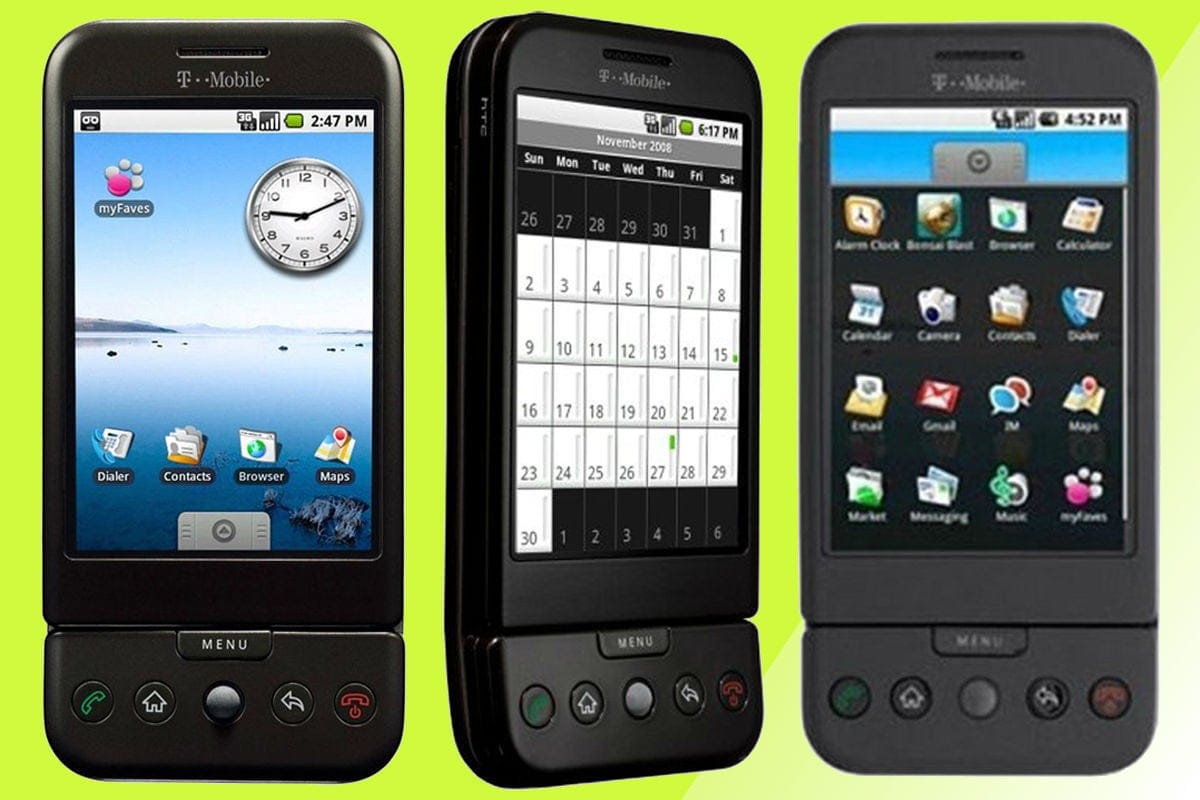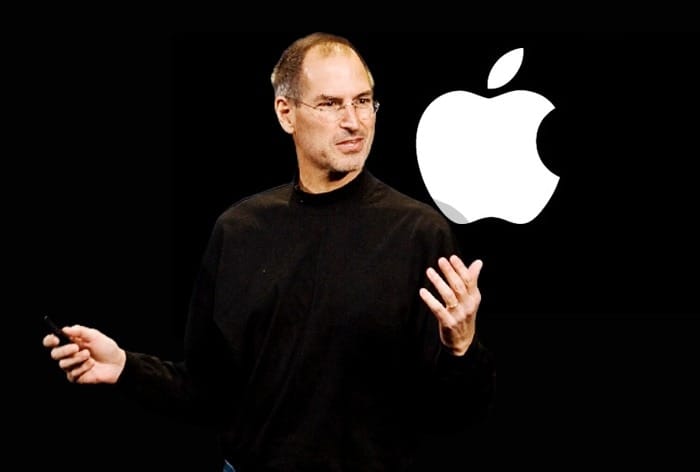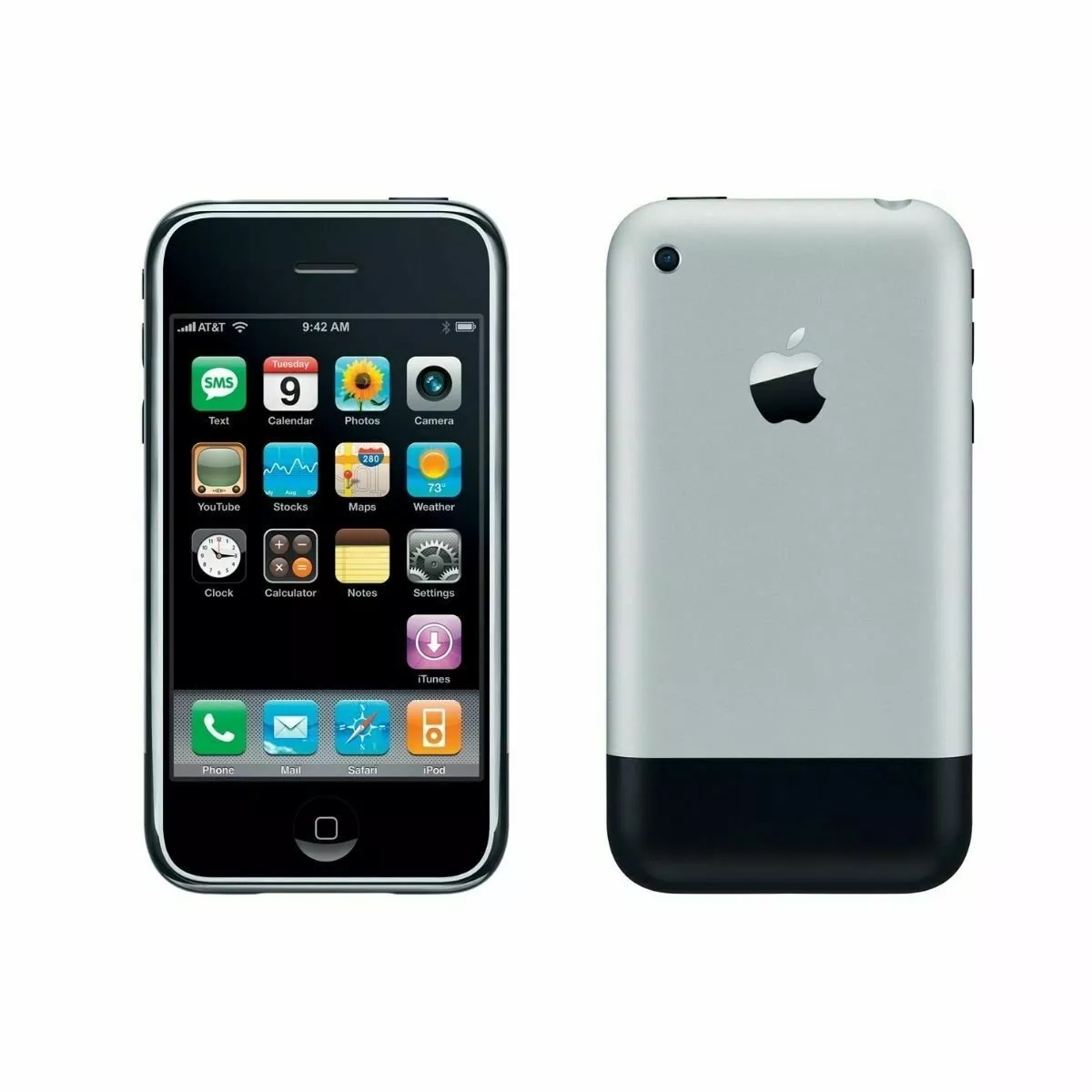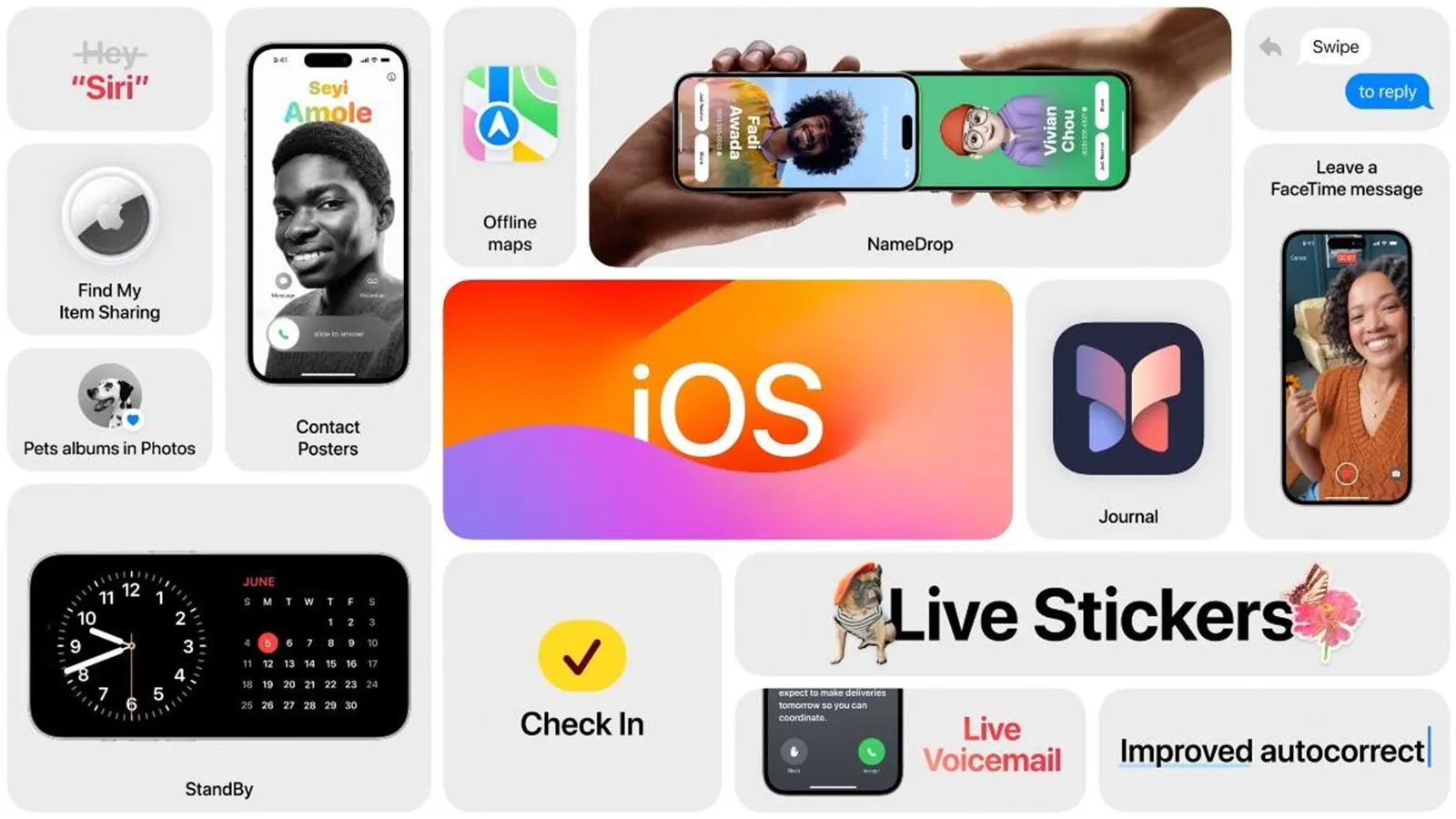The rivalry between Android OS and iOS has defined the modern smartphone era. As the two dominant mobile operating systems, they power billions of devices globally and shape how people interact with technology. While both systems aim to deliver seamless user experiences, they are distinct in terms of philosophy, functionality, and ecosystem. This article explores the history, features, and comparative aspects of Android OS and iOS to help you make an informed choice.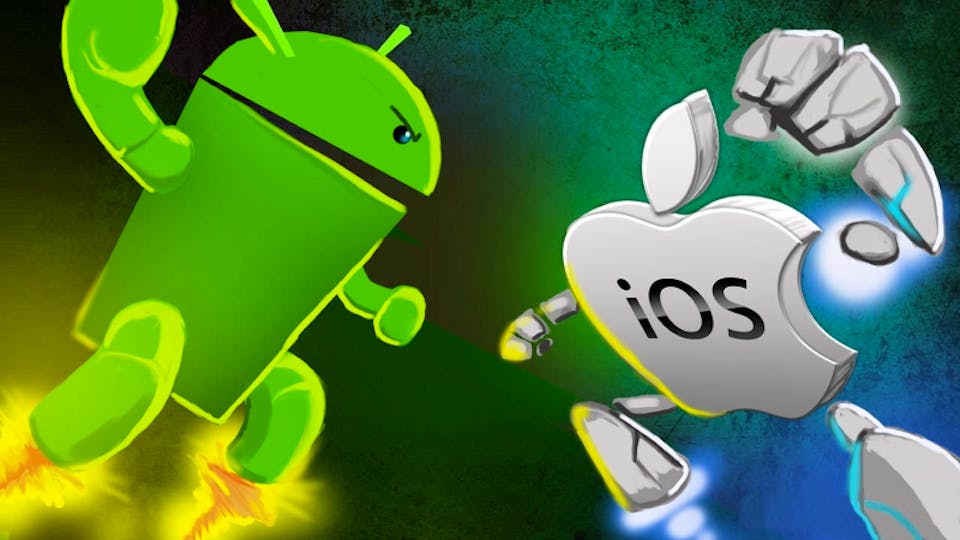
What is Android OS?
Android OS is an open-source operating system developed by Google. It is designed primarily for touchscreen devices, such as smartphones and tablets. Known for its flexibility and customization, Android enables manufacturers to tailor the software to their devices, creating diverse options for users. Android OS supports a wide range of devices, from budget-friendly phones to cutting-edge flagships with advanced features like foldable screens and high-refresh-rate displays.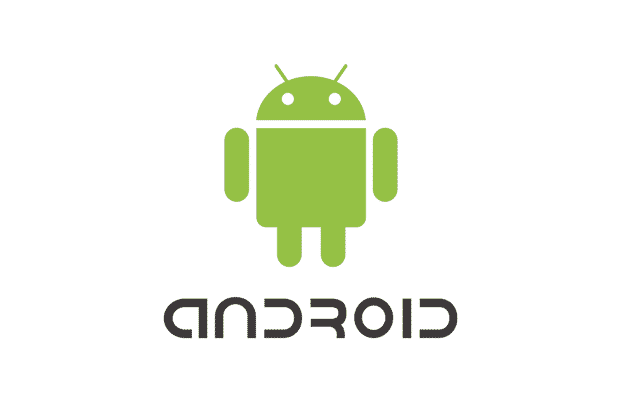
What is iOS?
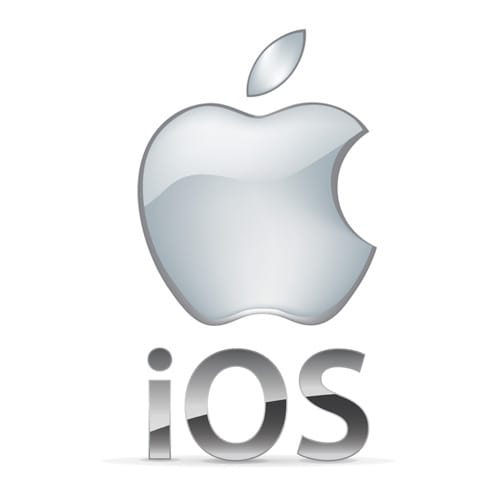
iOS is a closed-source operating system developed by Apple Inc. It powers Apple’s flagship devices, including the iPhone, iPad, and iPod Touch. iOS is renowned for its simplicity, user-friendly interface, and deep integration with Apple’s ecosystem. Unlike Android, iOS is exclusive to Apple devices, ensuring tight control over the hardware and software for an optimized experience.
History of Android OS
- Founded:
- Launch Year:
- Evolution:
History of iOS
- Founded:
- Launch Year:
- Evolution:
- Initially named iPhone OS, it was rebranded as iOS in 2010. Over the years, iOS has introduced features like Siri, Face ID, and advanced camera capabilities, solidifying Apple’s reputation for innovation.

Our post : https://tamiliz.com/ios-18-mind-blowing-new-features-you-can-update-it-now/
- Initially named iPhone OS, it was rebranded as iOS in 2010. Over the years, iOS has introduced features like Siri, Face ID, and advanced camera capabilities, solidifying Apple’s reputation for innovation.
Android vs. iOS:
Ownership
| Aspect | Android OS | iOS |
|---|---|---|
| Ownership | Open-source, led by Google | Proprietary, owned by Apple Inc. |
| Customization | Allows modifications by manufacturers | Uniform across all devices |
Android’s open-source nature allows manufacturers and developers to modify the software freely. This results in diverse device options and features but can lead to fragmentation. On the other hand, iOS is tightly controlled by Apple, ensuring consistency but limiting user freedom.
Winner: Android (for flexibility).
Android vs. iOS:
Price
| Aspect | Android OS | iOS |
|---|---|---|
| Device Range | Wide range, from budget to premium | Premium devices only |
| Affordability | Accessible to all income levels | Expensive starting prices |
Android caters to all market segments, with devices ranging from $100 to over $2,000. In contrast, Apple targets the premium market, with iPhones starting around $500. While iOS devices are costlier, they often offer longer lifespans and higher resale value.
Winner: Android (for affordability).
Android vs. iOS:
Technology
| Aspect | Android OS | iOS |
|---|---|---|
| Innovation | Supports foldable screens, styluses | Focuses on seamless software-hardware integration |
| Performance | Hardware varies by manufacturer | Highly optimized for Apple devices |
Android supports cutting-edge technologies like foldable screens, 120Hz displays, and diverse hardware capabilities. Meanwhile, iOS focuses on software-hardware synergy, ensuring smooth performance and long-term support.
Winner: iOS (for optimization).
Android vs. iOS:
User Control and Experience
| Aspect | Android OS | iOS |
|---|---|---|
| Customization | Extensive control over UI and settings | Limited customization options |
| Ease of Use | Can be overwhelming for new users | Simple and intuitive interface |
Android offers unparalleled control over settings, allowing users to change themes, install custom ROMs, and tweak their devices extensively. iOS, while less customizable, prioritizes simplicity and ease of use, making it ideal for users seeking a straightforward experience.
Winner: Tie
(Customization: Android; Simplicity: iOS).
Android vs. iOS:
Hardware Support
| Aspect | Android OS | iOS |
|---|---|---|
| Diversity | Available on devices from multiple brands | Exclusive to Apple devices |
| Optimization | Varies by manufacturer | Consistently optimized for Apple hardware |
Android’s hardware diversity ensures that users can find a device tailored to their needs. However, iOS benefits from Apple’s control over both hardware and software, delivering unmatched optimization.
Winner: Tie
(Diversity: Android; Optimization: iOS).
Android vs. iOS:
Ecosystem
| Aspect | Android OS | iOS |
|---|---|---|
| Integration | Fragmented (depends on manufacturer) | Seamless across Apple devices |
| Devices Supported | Phones, tablets, TVs, wearables | Phones, tablets, MacBooks, Watches |
Apple’s ecosystem, featuring seamless connectivity between iPhones, iPads, Macs, and Apple Watches, is unrivaled. Android offers integration with Google services but lacks the cohesive ecosystem of iOS.
Winner: iOS .(For Ecosystem)
Android vs. iOS:
Software Updates
| Aspect | Android OS | iOS |
|---|---|---|
| Update Frequency | Inconsistent across manufacturers | Immediate and simultaneous |
| Support Duration | 2–3 years | 5–6 years |
Apple’s approach to software updates ensures all supported devices receive updates simultaneously, even older models. Android updates, however, depend on the manufacturer, often leading to delays or limited support.
Winner: iOS.
Android vs. iOS:
Security and Privacy
| Aspect | Android OS | iOS |
|---|---|---|
| Security Features | Biometric authentication, encryption | Strong focus on user privacy |
| App Vetting | Less stringent than Apple’s process | Rigorous app review process |
Apple prioritizes user privacy with features like App Tracking Transparency and a closed ecosystem. Android has improved its security but remains more vulnerable due to its open nature.
Winner: iOS.
Android vs. iOS:
Price and Accessibility
| Aspect | Android OS | iOS |
|---|---|---|
| Price Range | $100 to $2,000+ | Starting at $500 |
| Accessibility | Available to all income groups | Targets premium markets |
Android’s affordability makes it accessible to a wide audience, while iOS remains exclusive to the premium segment.
Winner: Android.
Android vs. iOS:
Overall Comparison
| Category | Winner |
|---|---|
| Ownership | Android |
| Price | Android |
| Technology | iOS |
| User Control | Android |
| User Experience | iOS |
| Hardware Support | Tie |
| Ecosystem | iOS |
| Software Updates | iOS |
| Security & Privacy | iOS |
| Accessibility | Android |
Conclusion
The choice between Android and iOS depends on your preferences and priorities:
- Choose Android if you value affordability, customization, and hardware diversity.
- Choose iOS if you prioritize security, software updates, and a seamless ecosystem.
Ultimately, both operating systems excel in different areas, ensuring that there’s something for everyone. Who wins? It’s a tie—your choice depends on your unique needs! 🙂
(Click notification ![]() for more updates)
for more updates)
Artical was written by V.Harishram
Comment for stay tuned 🙂


